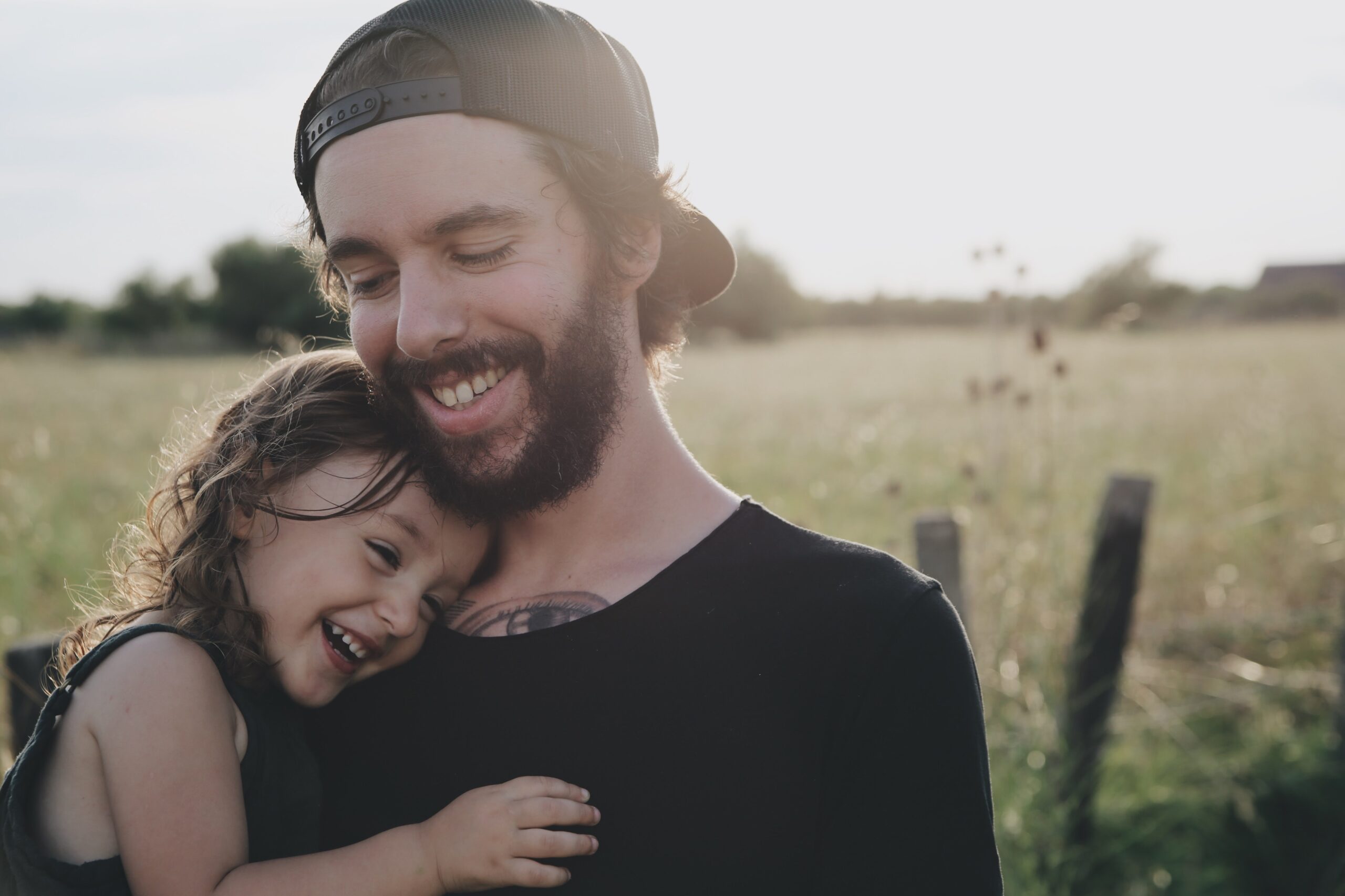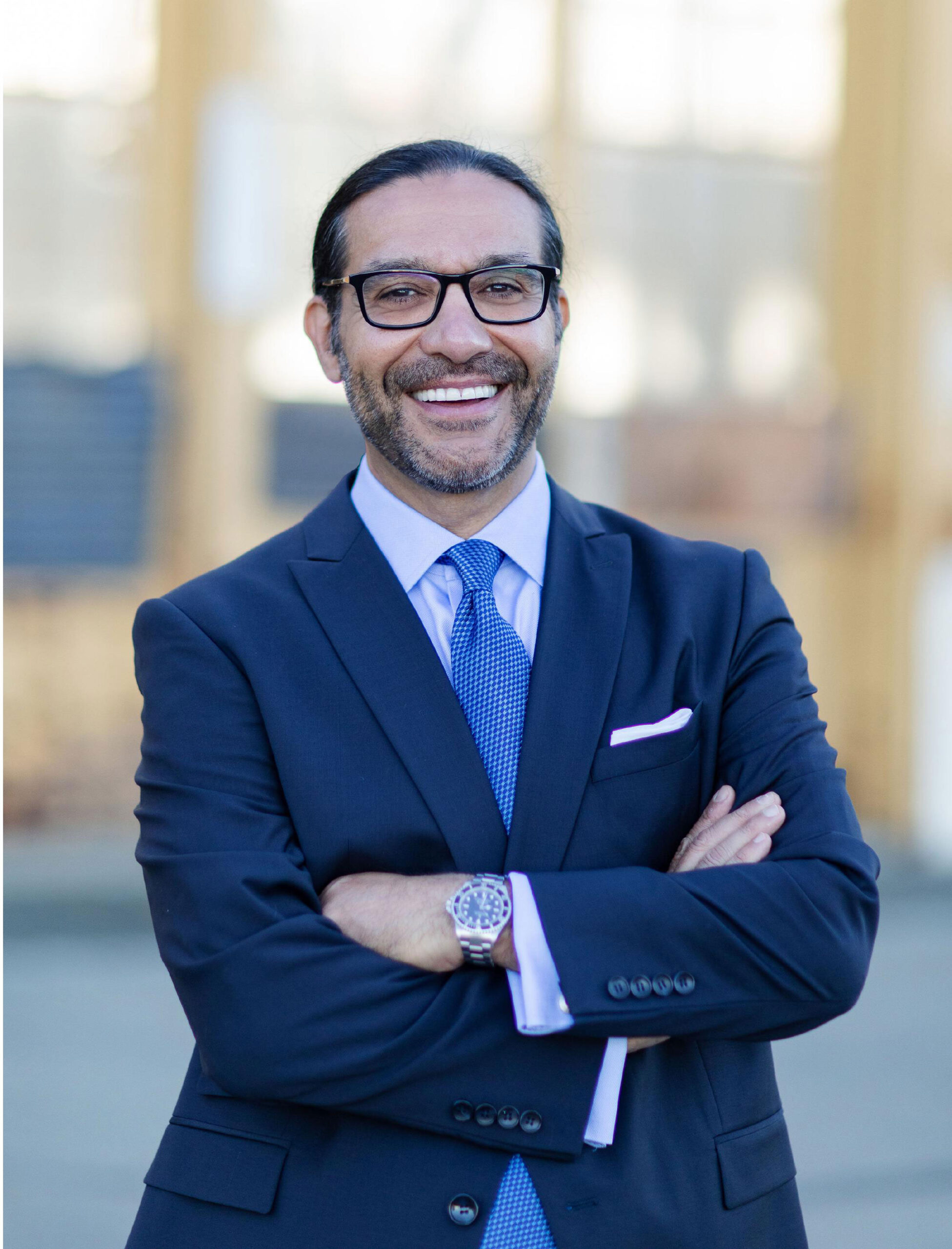 The poet Rilke understood the difficulty of sustaining a happy love relationship when he wrote: “For one human being to love another is perhaps the most difficult of all our tasks.” Adult relationships are perfect opportunities to experience love, but we often replicate the love, and more often the lack of it, that we’ve observed in our childhoods.
The poet Rilke understood the difficulty of sustaining a happy love relationship when he wrote: “For one human being to love another is perhaps the most difficult of all our tasks.” Adult relationships are perfect opportunities to experience love, but we often replicate the love, and more often the lack of it, that we’ve observed in our childhoods.
Fortunate and rare are people whose parents had a good marriage and who grew with firsthand knowledge of loving relationships. Many have never seen one. We are not born knowing how to love. It takes real life experiences to learn about love.
Nothing can make the importance of love more clear than its absence. It’s never too late to have a new beginning for love. Sometimes the best way to add more love to our life is by subtracting what is not love. There is a Turkish proverb that succinctly relates to this. It says: “No matter how far you have gone on a wrong road, turn back!”
We all have the right, and the responsibility, to remedy any mistakes we may have made. Once we recognize that we have chosen a wrong partner and for the wrong reasons, we should offer our partner and ourselves a fair chance at love and stop wasting our time.
There is no human relationship more sacred and more important than the one we have with our children. Love is the ultimate motivating force for growth, and the most powerful love is the kind parents have for their children. We cannot be a source of love for our children unless we can experience love. Then we can share that undeniable energy with them.
I have learned that self-love and love for my children go hand in hand and are ultimately indistinguishable. Loving oneself begins by confronting the root cause of our unhappiness and by accepting the mistakes we’ve made. Making a conscious decision to end a love relationship that is not right for us is a demonstration of self-love and self-respect.
The true measure of our capacity to love is how behave in our intimate love relationship. Our children learn about love by watching us. Divorce isn’t the biggest misfortune for our children. The biggest tragedy is staying in an unhappy marriage and teaching our children the wrong beliefs about love. The greatest legacy we can leave for our children is a legacy of love by modeling what a loving relationship looks like.
Payman Fazly is a co-founder of Parent Footprint, an innovative platform that simulates the experience of sitting down with a therapist to enable parents to become aware of why their emotional reactivity is based on how they were parented and to allow that awareness to become a catalyst for change.
This blog is an excerpt from Payman’s recent book: Project Love: What Legacy Do You Want To Leave?
Visit: www.paymanfazly.com to learn more about Payman and his book.

